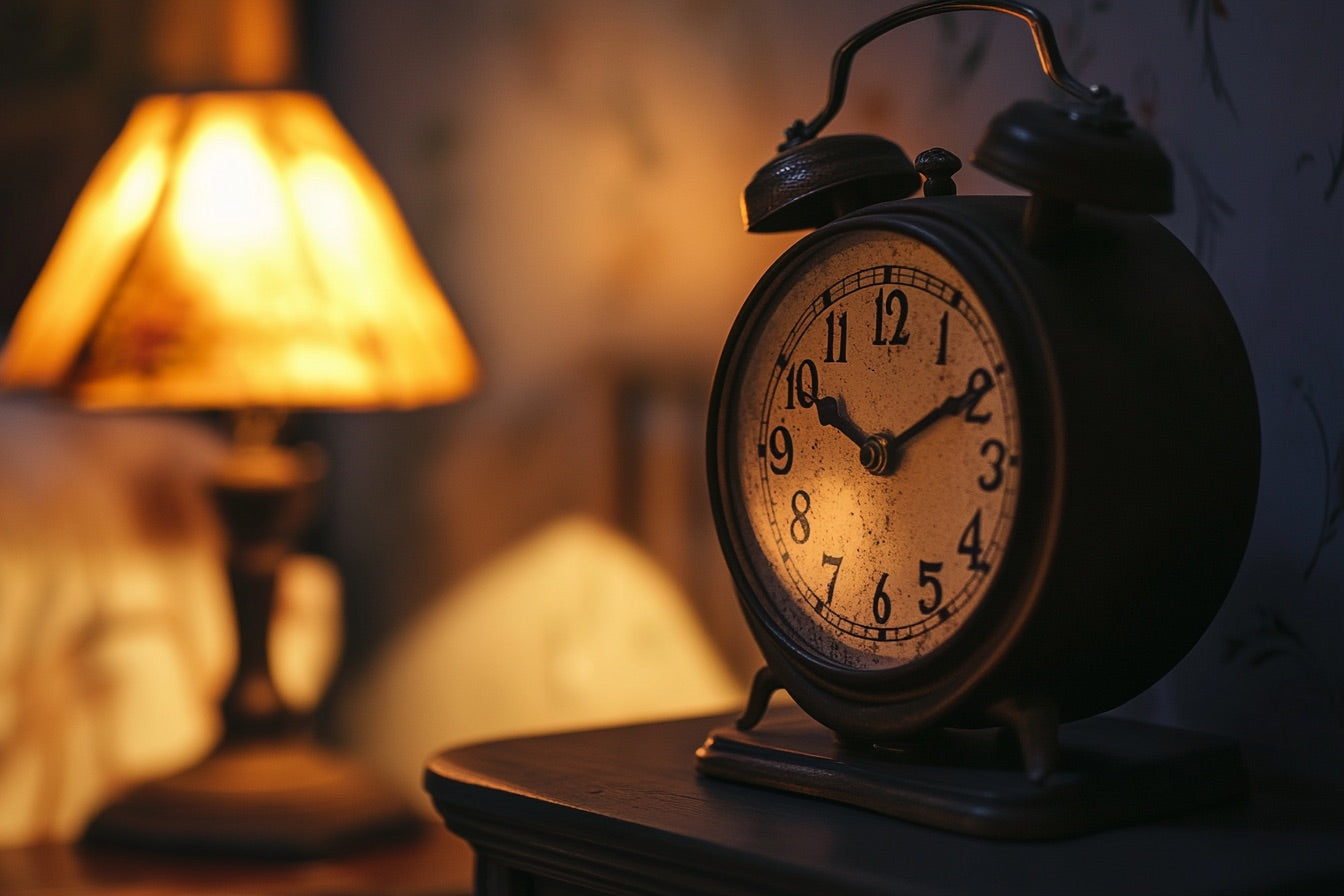Twice a year, Michigan residents adjust their clocks for Daylight Saving Time (DST). While losing or gaining an hour might seem like a small inconvenience, studies suggest that the time change could contribute to increased risks on the road. But does Daylight Saving Time lead to more DUI (Driving Under the Influence) cases in Michigan? Let's analyze the statistics, relevant laws, and potential impact on public safety.
Does Daylight Saving Time Affect DUI Rates?
Daylight Saving Time changes occur in March (spring forward) and November (fall back). These shifts disrupt people's sleep patterns, leading to drowsy driving. But is there a direct correlation between DST transitions and an increase in DUI cases?
Several nationwide studies suggest that car accidents, including those involving impaired drivers, tend to increase after the springtime clock change. This is primarily attributed to fatigue and altered circadian rhythms, which affect reaction times and decision-making abilities.
In Michigan, state-specific data on DST-related DUI spikes is limited, but we can look at broader statistics to understand the possible connection.
DUI Statistics in Michigan
According to the Michigan State Police, alcohol-related crashes and fatalities are a persistent issue. Key DUI statistics for Michigan include:
- In 2022, there were over 9,000 DUI-related crashes in the state.
- Nearly 30% of all fatal crashes in Michigan involved an impaired driver.
- Weekend nights, especially after events that involve drinking, tend to see higher DUI arrests.
While there isn't a widely published study directly linking DST to increased DUIs in Michigan, research from other states suggests that more accidents, including those caused by drunk driving, happen in the days following the spring time change.
Why Might DUI Cases Spike Around Daylight Saving Time?
1. Sleep Disruption
The loss of an hour in the spring disrupts sleep schedules, leading to drowsy driving. Sleep deprivation can create impairments similar to alcohol consumption, making individuals more prone to risky behaviors.
2. Change in Social Patterns
The arrival of extended daylight hours in spring and earlier darkness in fall coincide with changes in social habits. Longer evenings may encourage more people to go out for drinks, while earlier nightfall in autumn may cause visibility issues and more cautious driving patterns.
3. Increased Vehicle Traffic
As people adjust to the new schedule, morning and evening rush hours can become more hectic. Increased road congestion, combined with fatigued or impaired drivers, raises the risk of collisions.
Michigan DUI Laws and Penalties
Michigan has strict laws in place to deter DUI offenses. If you're caught operating a vehicle under the influence of alcohol or drugs, you may face serious legal consequences.
Blood Alcohol Content (BAC) Limits
- Standard DUI: A BAC of 0.08% or higher.
- Super Drunk Law: A BAC of 0.17% or higher results in enhanced penalties.
- Zero Tolerance Law: Drivers under 21 cannot have a BAC above 0.02%.
Penalties for DUI in Michigan
The penalties for DUI offenses in Michigan depend on the severity of the charge and prior convictions:
First Offense:
- Up to 93 days in jail
- Fines of up to $500
- License suspension for up to 6 months
- Community service and mandatory alcohol education programs
Second Offense (within 7 years):
- Up to 1 year in jail
- Fines up to $1,000
- License revocation for at least 1 year
- Possible mandatory ignition interlock device
Third Offense (Felony Charge):
- Up to 5 years in prison
- Fines up to $5,000
- Vehicle forfeiture or immobilization
- Permanent license revocation
How to Avoid a DUI During Daylight Saving Time
Whether it's Daylight Saving Time or any other time of the year, avoiding a DUI is crucial for your safety and legal well-being.
1. Plan Ahead
If you know you'll be drinking, arrange for a designated driver, use a rideshare service, or stay overnight in a safe location.
2. Be Extra Cautious After the Time Change
Give yourself extra time to rest and adjust to the new schedule. Be aware of other fatigued or impaired drivers on the road.
3. Know Your Limits
Even if you think you're under the legal BAC limit, alcohol affects everyone differently. It’s always safest to avoid driving after drinking altogether.
4. Understand Your Legal Rights
If you are pulled over for suspicion of DUI, remember that you have the right to remain silent and the right to legal counsel.
Facing a DUI Charge in Michigan? Get Legal Help
Despite your best efforts, mistakes happen. If you've been charged with a DUI in Michigan, it is important to act quickly. A strong legal defense can sometimes lead to reduced penalties or even case dismissal.
At Boria Law, we specialize in defending Michigan drivers against DUI charges. Our experienced legal team understands the complexities of DUI cases, including those potentially related to Daylight Saving Time changes.
Call (734) 453-7806 today for a free consultation. We are here to protect your rights and help you navigate the legal process.
Conclusion
While data directly connecting Daylight Saving Time to an increase in DUI cases in Michigan is not conclusive, we do know that sleep disturbances, increased social drinking, and traffic congestion all contribute to higher accident risks. If you’re adjusting to the time change, take extra precautions to drive safely and avoid impaired driving.
Remember, Michigan law takes DUI offenses seriously. If you are facing DUI charges, seek legal representation immediately. The right defense strategy can make a significant difference in the outcome of your case.


Share:
Understanding Michigan's Drunk Driving Penalties After a March Madness Watch Party
Spring Break Gone Wrong: Essential Steps to Take If You're Arrested in Michigan